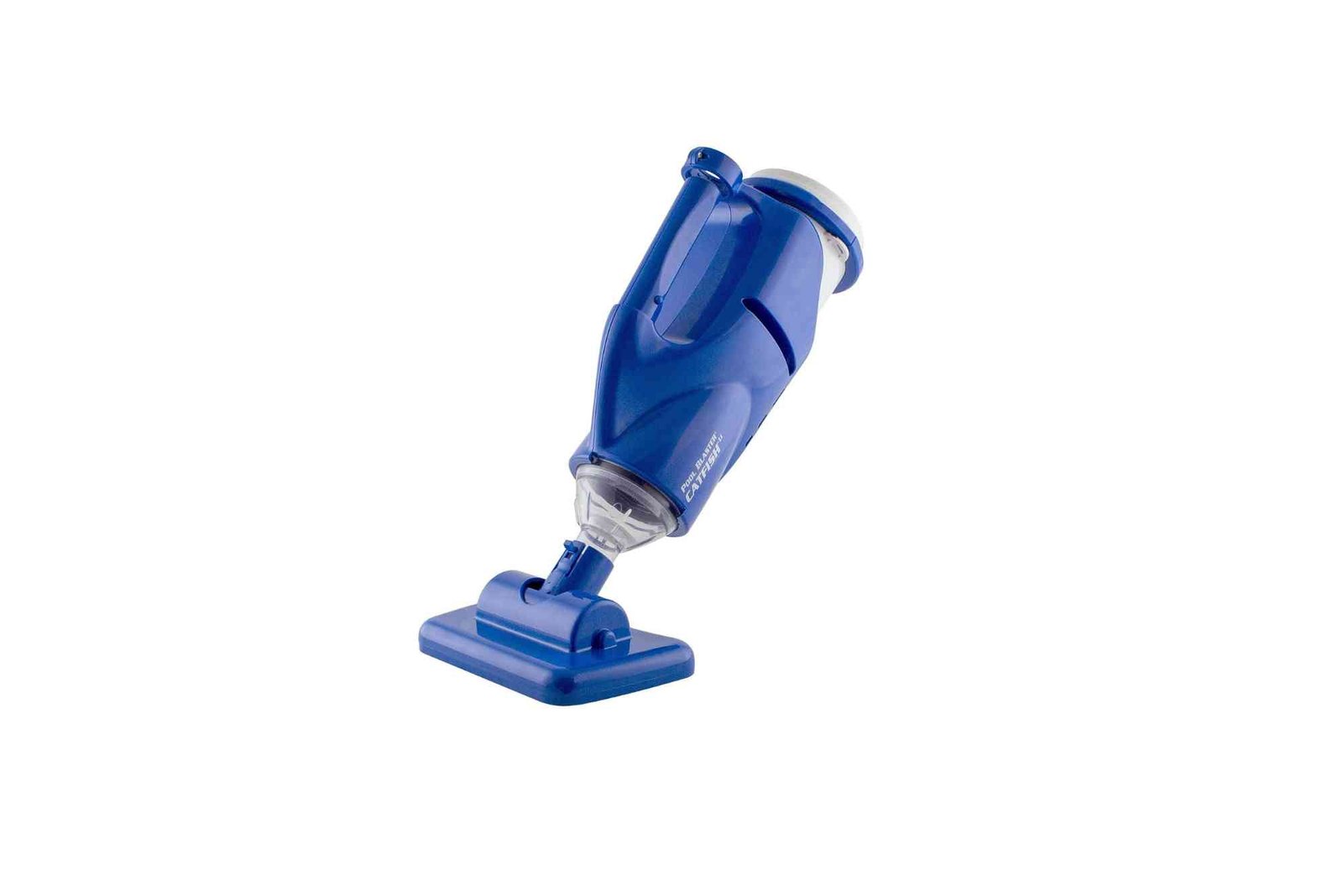Yes, lawyers in Dubai can manage cross-border intellectual property disputes. They assist with trademark conflicts, copyright violations, patent misuse, licensing disagreements, and international IP enforcement issues involving multiple jurisdictions. Their support includes filing complaints, coordinating with foreign authorities, preparing evidence, and representing clients in UAE courts.
Cross-border intellectual property (IP) disputes are becoming increasingly common as Dubai continues to grow into a global hub for technology, trade, creative industries, and multinational investment. Businesses operating across borders often discover that their brand assets, digital content, patents, or trade secrets are used without permission in other jurisdictions. This creates a complex challenge: How do you enforce your rights across different legal systems?
This is where the experience of Lawyers in Dubai becomes essential. They understand how to coordinate multi-jurisdictional strategies, protect rights internationally, and manage cases that involve several laws, authorities, and enforcement mechanisms at the same time.
The following guide breaks down the full role of Dubai-based legal professionals in handling cross-border intellectual property disputes, the processes involved, and what clients—especially high-net-worth individuals and international corporations—should expect.
What Makes Cross-Border IP Disputes More Complex?
Cross-border conflicts involve legal, procedural, and logistical challenges such as:
Different Legal Systems
Trademark laws, copyright requirements, patent criteria, and enforcement standards vary widely between countries.
Jurisdictional Questions
Determining which country has authority to hear the case is not always straightforward.
International Treaties and Conventions
Many disputes intersect with treaties such as:
- TRIPS Agreement
- Paris Convention
- Berne Convention
- WIPO agreements
- Dubai-based lawyers must map these global frameworks to local UAE laws.
Evidence Gathering Across Countries
Not every piece of evidence collected abroad is admissible in UAE courts. Procedures must be carefully followed.
Multi-Platform Violations
Infringement may occur simultaneously across:
- E-commerce platforms
- Social media channels
- International supply chains
- Offshore manufacturing sites
- This requires coordinated action.
Enforcement Challenges
Even if a judgment is obtained in one country, enforcing it in another requires additional legal steps such as recognition and execution proceedings.
Types of Cross-Border Intellectual Property Disputes Lawyers Handle
Dubai-based legal professionals frequently deal with disputes involving:
Trademark Infringement Across Countries
Examples include:
- A UAE brand being copied in Europe or Asia
- A foreign company discovering duplicated branding in the UAE
- A franchisee abroad using marks beyond the scope of agreed rights
International Copyright Violations
This covers:
- Software used overseas without license
- Creative works being distributed globally
- Videos or images uploaded internationally without consent
Patent Misuse or Unauthorized Manufacturing
Patent claims often involve:
- Engineering products
- Medical technology
- Smart devices
- Industrial machinery
- Unauthorized manufacturing in one country and selling in another is common.
Digital and Online Piracy
Cloud-based distribution, global streaming websites, and offshore hosting make digital infringement inherently cross-border.
Trade Secret Leaks
Employee mobility and international partnerships create risks of:
- Confidential information leakage
- Formula or design theft
- Source-code distribution
International Licensing and Distribution Conflicts
Disputes may arise over:
- Contract breaches
- Territory misuse
- Unauthorized sublicensing
- Misrepresentation of licensing rights
How Lawyers in Dubai Approach Cross-Border IP Cases
Handling an international dispute requires combining procedural expertise, technical knowledge, and diplomatic coordination. A structured approach is typically followed.
Preliminary Investigation and Case Assessment
Lawyers begin with an in-depth review of:
- What type of IP is involved
- Where the infringement occurred
- Whether the IP is registered in relevant jurisdictions
- What treaties apply
- Which country has legal authority to hear the matter
- This assessment shapes the entire strategy.
Gathering International Evidence
Evidence collection must be compliant with UAE court requirements. Legal teams assist with:
- Obtaining certified documents abroad
- Conducting technical investigations
- Coordinating with foreign lawyers
- Preparing notarized and attested translations
- Preserving digital evidence properly
- Proper evidence handling is critical because many judges rely heavily on expert reports in IP disputes.
Working With Foreign Law Firms and Agencies
Cross-border disputes often require collaboration with:
- International legal partners
- Trademark and patent offices abroad
- Customs authorities
- E-commerce compliance departments
- Digital platform administrators
- Lawyers build coordinated enforcement strategies that operate simultaneously across jurisdictions.
Sending International Cease-and-Desist Notifications
Before pursuing litigation, many lawyers send formal notices to infringers in other countries. These letters outline:
- The IP owner’s rights
- The nature of the violation
- Required corrective actions
- Deadlines
- Legal consequences
- This often resolves the issue without escalating to court.
Filing Complaints With UAE Authorities
When infringement affects the UAE or originates from Dubai, lawyers may file complaints with:
- Ministry of Economy
- Dubai Customs
- Department of Economic Development (DED)
- Telecommunications and Digital Government Regulatory Authority (TDRA)
These authorities have the power to seize goods, block online content, or impose administrative penalties.
Initiating Litigation in Dubai Courts
If the violation affects the UAE market or the infringer operates locally, a lawsuit can be filed. Typical claims include:
- Compensation for financial losses
- Orders to cease infringement
- Seizure of goods
- Destruction of counterfeit materials
- Publication of corrective notices
- Litigation may run parallel to actions in other countries.
Coordinating Enforcement Abroad
If enforcement is required in another country, legal teams manage:
- Recognition of UAE judgments
- Filing new cases abroad
- Working with overseas courts
- Requesting injunctions
- Executing orders through international mechanisms
- This step ensures that legal results in the UAE have practical impact elsewhere.
Handling Domain, Digital, and Online IP Violations
Online infringements often involve:
- Domain name disputes
- Unauthorized social media usage
- Website content copying
- E-commerce counterfeit listings
- Lawyers assist with:
- UDRP complaints
- Platform takedown requests
- IP registry disputes
- Digital forensic evidence
- Given Dubai’s global business presence, online issues are increasingly common.
Industries Most Affected by Cross-Border IP Disputes
Cross-border issues occur across many sectors, but some industries experience them more frequently:
Technology and Software Development
Unauthorized distribution, code copying, and license misuse are major issues.
Luxury Retail and Fashion
Counterfeiting and brand imitation are widespread globally.
Pharmaceutical and Healthcare
Patent infringement over drugs, medical devices, and treatment methods is common.
Media, Entertainment, and Influencer Content
Streaming, digital sharing, and international distribution often create copyright conflicts.
Automotive and Engineering
Technical designs, manufacturing systems, and industrial processes are often misused.
E-Commerce and Global Trading
Cross-border sales increase the risk of counterfeit goods and unauthorized re-selling.
Food and Beverage Franchises
Brand copying, recipe theft, and unauthorized franchise expansion are prevalent problems.
How Businesses Can Protect Themselves Proactively
Prevention is often more valuable than litigation. Businesses can strengthen protection by:
Registering IP in All Relevant Markets
Trademark protection is territorial. Registering only in the UAE is not enough if you operate internationally.
Using Strong Contracts
Include:
- Non-disclosure agreements
- IP ownership clauses
- Licensing terms
- Jurisdiction provisions
- Non-compete obligations
Conducting Due Diligence on Partners
Before entering foreign markets, review the legal reputation and compliance history of distributors, manufacturers, or franchisees.
Monitoring Online Marketplaces
Platforms like Amazon, Alibaba, and social media require constant monitoring.
Securing Technology and Digital Assets
Implement encryption, access controls, and watermarking.
Filing Customs Alerts Internationally
Customs protection prevents counterfeit goods from entering multiple markets.
Maintaining Detailed Records
Proof of original creation and first use helps win disputes.
Why Businesses Choose Dubai-Based Lawyers for International IP Cases
Many companies trust legal teams from Dubai because:
- Dubai is a global commercial hub
- Lawyers have experience with multinational clients
- They handle disputes involving multiple countries
- They understand international treaties
- They work with global law firms
- They manage both civil and criminal pathways
- They can escalate matters quickly through UAE authorities
- Most importantly, they act as a central coordination point in complex international disputes.
Do Cross-Border IP Disputes Always Require Litigation?
Not always. Many cases are resolved through:
- Negotiation
- Mediation
- International arbitration
- Platform takedowns
- Administrative complaints
- Litigation is used only when necessary.
However, the experience of Lawyers in Dubai helps determine the most efficient path while protecting your rights thoroughly.
Final Thoughts
As Dubai rapidly expands its global reach, cross-border intellectual property disputes are becoming more common and more complicated. Businesses must navigate different laws, varied enforcement mechanisms, and multiple authorities—often in several countries at once. Having the right legal support can mean the difference between protecting a valuable asset and losing control of it.
Whether you are dealing with unauthorized manufacturing, international trademark copying, digital piracy, licensing violations, or confidential information leaks, the right strategy is essential. With a coordinated approach, proper evidence, and professional legal representation, IP owners can enforce their rights across borders with confidence and clarity










